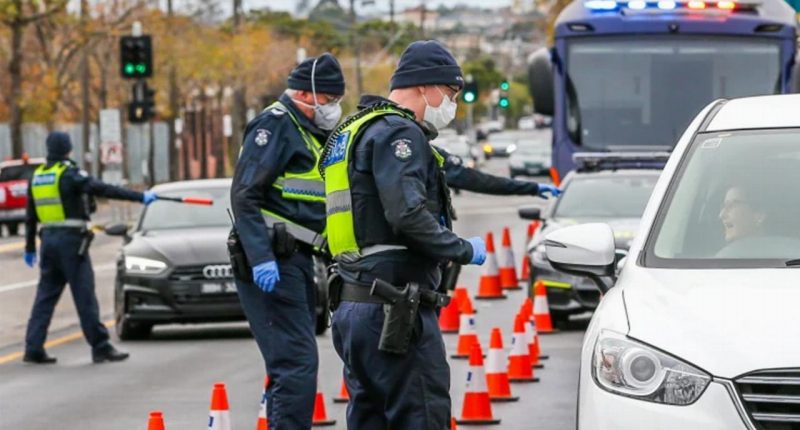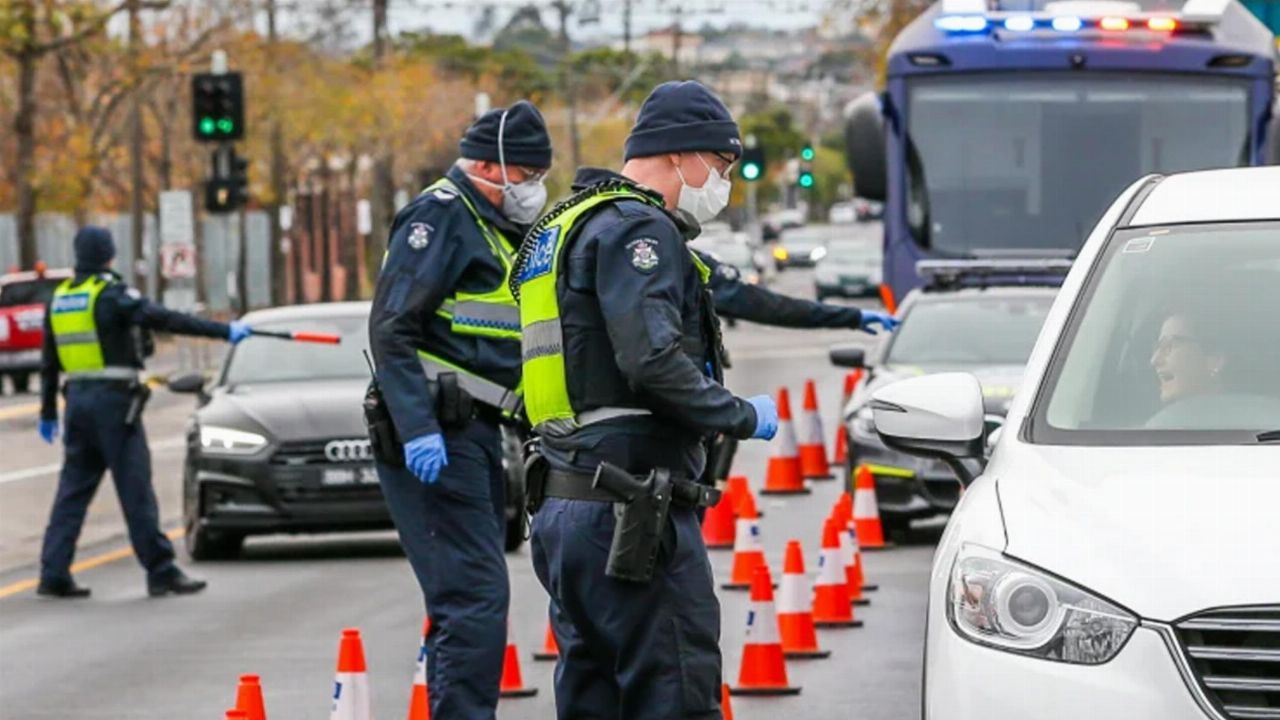- Victoria has recorded another 134 cases of the coronavirus in the last 24 hours, with only 11 of those cases linked to known outbreaks
- Premier Daniel Andrews has reintroduced stage-three lockdown conditions for metropolitan Melbourne, to slow the spread of COVID-19
- The lockdowns come into effect from midnight tonight and restrict residents from leaving their homes unless it’s essential
- Treasurer Josh Frydenberg believes the return to lockdown will cost the economy billions
- Meanwhile, NSW has recorded eight new cases of the coronavirus today, while the Northern Territory has banned Victorians from entering the region
Another 134 new cases of COVID-19 have been recorded in Victoria, with strict lockdown conditions to be reintroduced across Melbourne for six weeks.
Of the new cases, only 11 are linked to known outbreaks, in a concerning sign that community transmission is continuing to grow in the state.
Close to 30,000 tests were carried out by health officials in Victoria in the last 24 hours, with testing almost finished at the public housing towers where residents are detained.
Meanwhile, NSW officials have confirmed eight new cases of COVID-19 have been recorded in the state in the last 24 hours.
Lockdown re-introduced
The news comes as 1000 police and ADF officers descended on the NSW-Victoria border to enforce the closure. The Northern Territory has also announced all Victorians will be banned from entering the region.
NSW Premier Gladys Berejiklian said without the border closure, infections would spread.
“I do want to send a very strong warning. The probability of contagion in NSW, given what’s happening in Victoria, is extremely high,” she said.
Premier Berejiklian also warned NSW suburbs located near the Victoria border may soon be locked-down, and encouraged residents there to avoid travel.
In Melbourne, stage-three lockdown conditions will come back in to effect from midnight tonight and will restrict residents to their homes once more.
They’ll be able to leave home for four reasons, including work, shopping, exercise and medical care.
The stay-at-home order will also see all pubs, cafes and restaurants shut to dine-in customers and revert back to takeaway only orders.
Shops will be able to stay open, while most schools will stay closed for an additional week at the end of June school holidays.
Gatherings have once again been capped at two people, or a household group.
Economic blowout
Australia’s Treasury previously warned lockdown measures could cost the economy $4 billion a week, with GDP to plunge by almost 10 per cent.
Treasury also believes unemployment will spike to almost 10 per cent this quarter, following the spike in COVID-19 infections.
Treasurer Josh Frydenberg is expected to announce more financial aid measures today, including bringing forward planned income tax cuts.
The big four banks have also announced an extension to loan payment deferrals, to help those affected by the lockdowns.
Introduced back in March when the pandemic began, the scheme allows Australians who’re struggling with their finances to pause their mortgage repayments.







